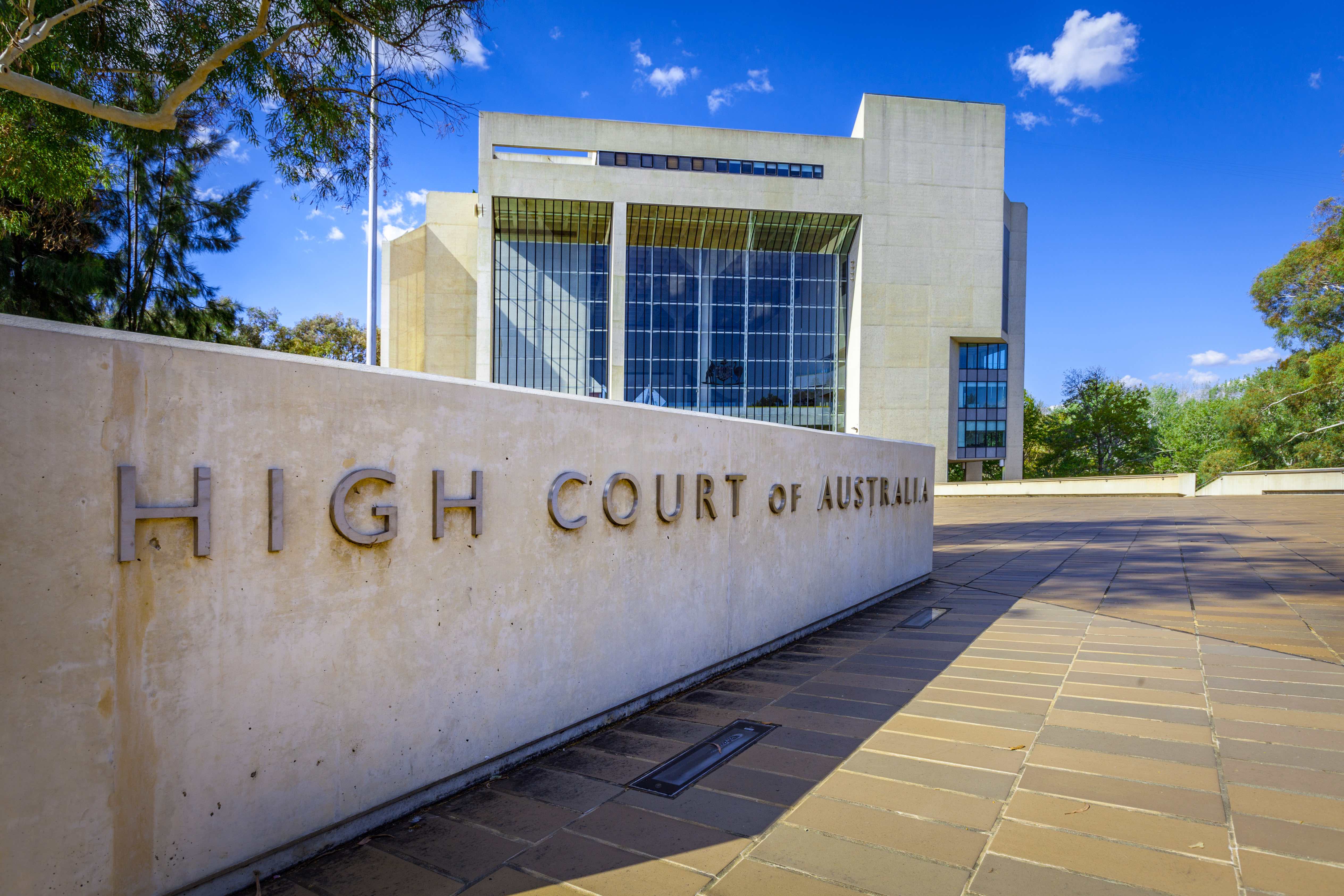High Court. Can it be said that, while "the broad principle is that the Courts ... must ... administer justice in public", the exceptions to this broad principle are "themselves the outcome of a yet more fundamental principle that the chief object of Courts of justice must be to secure that justice is done"?
Some of the questions to the High Court (HCA) were as follows:
Question 1: Can it be said that, while "the broad principle is that the Courts ... must ... administer justice in public", the exceptions to this broad principle are "themselves the outcome of a yet more fundamental principle that the chief object of Courts of justice must be to secure that justice is done"?
Question 2: Can it be said that, "[w]hen justice is administered in private, the fairness of the process, and the impartiality of the judge, are brought into question"?
Question 3: Is the relevant question in determining an apprehension of bias whether "a fair‑minded lay observer might reasonably apprehend that the judge might not bring an impartial mind to the resolution of the question the judge is required to decide"?
Question 4: Does the test for a reasonable apprehension of bias require: "(1) identification of the factor which it is said might lead a judge to resolve the question other than on its legal and factual merits; (2) articulation of the logical connection between that factor and the apprehended deviation from deciding that question on its merits; and (3) assessment of the reasonableness of that apprehension from the perspective of a fair-minded lay observer"?
Question 5: Is actual justice more fundamental than the appearance of justice, even though any system of justice should aim for both?
Question 6: Is a hearing a "meeting, however informal, which parties have the opportunity to watch and which is attended by a judge and counsel (who might, or might not, make submissions)"?
The HCA answered those questions as follows:
The remainder of this article is only available to Case Law and Platinum subscribers.
Read our Terms & Conditions and upgrade below:
Monthly Subscriptions
Annual Subscriptions
Where GST applies, the above amounts are inclusive of GST.
Content Types
Basic Content includes basic news, some media articles and selected announcements.
Premium Content includes all our content, except for Case Law Content. In other words, it includes Basic Content, plus all our articles on legislative and policy changes, industry updates and the Migration Legislation Tracker.
Case Law Content includes Basic Content, plus case law summaries, analysis and extract, but does not include Premium Content.
Platinum Content includes Basic Content, plus Premium Content, plus Case Law Content. In other words, it includes ALL our content.
If you already have a Case Law or Platinum subscription, click on 'Login' below.










